| Structure | Name/CAS No. | Articles |
|---|---|---|
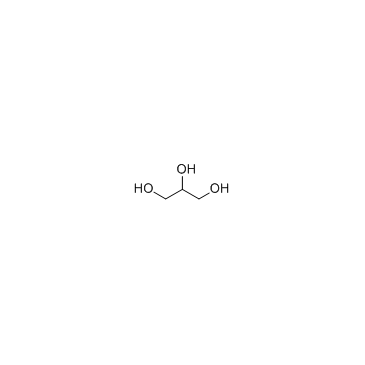 |
Glycerol
CAS:56-81-5 |
|
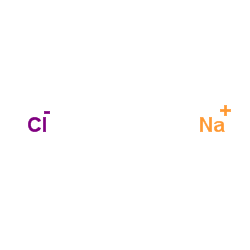 |
sodium chloride
CAS:7647-14-5 |
|
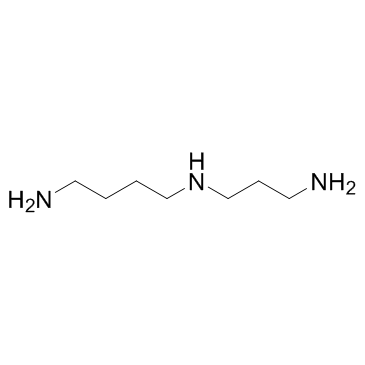 |
spermidine
CAS:124-20-9 |
|
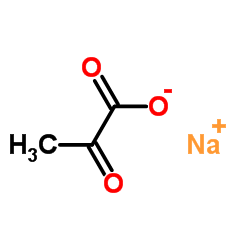 |
Sodium 2-oxopropanoate
CAS:113-24-6 |
|
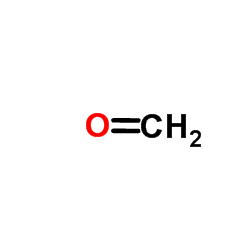 |
Formaldehyde
CAS:50-00-0 |
|
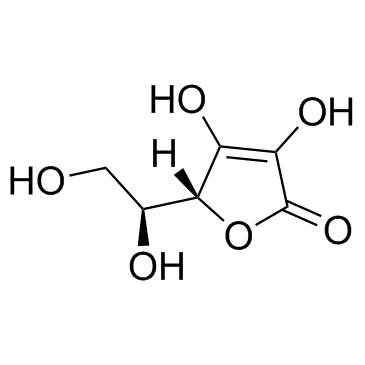 |
Ascorbic acid
CAS:50-81-7 |
|
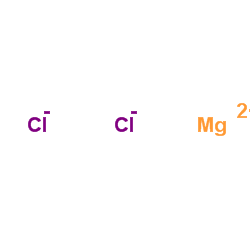 |
Magnesium choride
CAS:7786-30-3 |
|
 |
SODIUM CHLORIDE-35 CL
CAS:20510-55-8 |
|
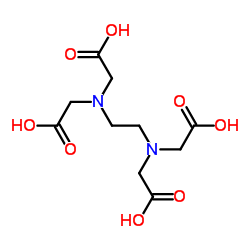 |
Ethylenediaminetetraacetic acid
CAS:60-00-4 |
|
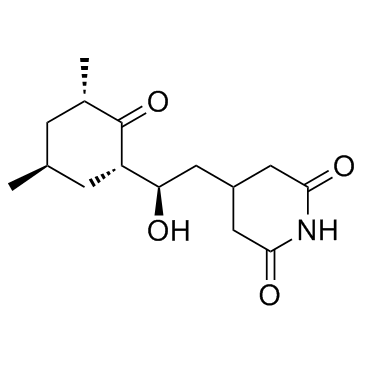 |
Cycloheximide
CAS:66-81-9 |